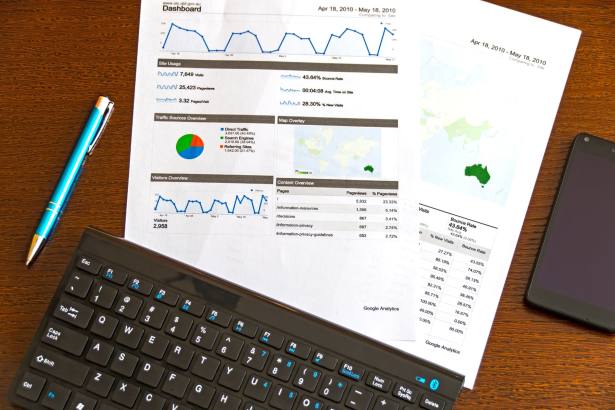
Saving as much as possible as early as possible is a well-worn mantra but how does it apply to the self-employed?
Tom Conner, director at Drewberry, confesses he is "extremely worried about self-employed people and saving for retirement".
According to Drewberry's 2017 Wealth and Protection survey, there is a massive savings gap. The study found:
- 75 per cent of self-employed people haven't started saving for their future.
- Two in five people had no more than £1,000 in cash savings to fall back on.
- One in five have no pension, while a further fifth have a pension worth £10,000 or less.
- More than 1 in 10 people described their finances as ‘hanging by a thread’.
The figures are borne out by research from Scottish Widows earlier this month, which revealed nine out of 10 Britons are in danger of financial hardship should serious illness strike.
Although 43 per cent of the 5,022 people surveyed by Opinium Research on behalf of Scottish Widows said they would rely on their savings if they or a partner became unable to work, the stark reality is 35 per cent admitted their savings would barely stretch three months.
Moreover, 30 per cent of those surveyed said they were not saving anything at all - which if extrapolated to the wider UK population, means 15.5m people could be at risk of financial hardship.
For Adam Higgs, head of research and adviser services at F&TRC, the biggest challenge in getting self-employed people to save more is their income stream.
He explains: "For many self-employed people their income is not stable and changes month by month, week by week. As such the traditional method of saving a set amount each month does not always work."
Lack of income or lack of willpower?
However, Martin Stewart, director of London Money, does not think it is simply about a lack of regular income.
He thinks we live too much in an 'instant gratification' age that affects everyone, self-employed or not.
Mr Stewart says: "I don’t think this is necessarily a problem that afflicts just the self-employed, more we are living in an age that is debt fuelled and most people have forgotten how to save or simply can't save."
While Mr Stewart concedes that, for some entrepreneurs, there could be a problem with regular cash flow, he also thinks there's just not enough self-motivation to help people overcome cash flow concerns.
He explains: "There will be some aspects of self employment (and in particular those who run limited companies) where cash-flow can be an ever present concern although again, I see many employed people on six-figure salaries who are never more than four weeks away from financial Armageddon."
But for Jamie Smith-Thompson, managing director of Portafina, a firm which specialises in helping the self-employed, it is less laziness and more the simple and yet difficult task of keeping on top of everything - especially chasing up invoices that have remained unpaid.
He comments: "Self-employed people are basically businesses on their own and with any business, there are always going to be cash-flow issues.






